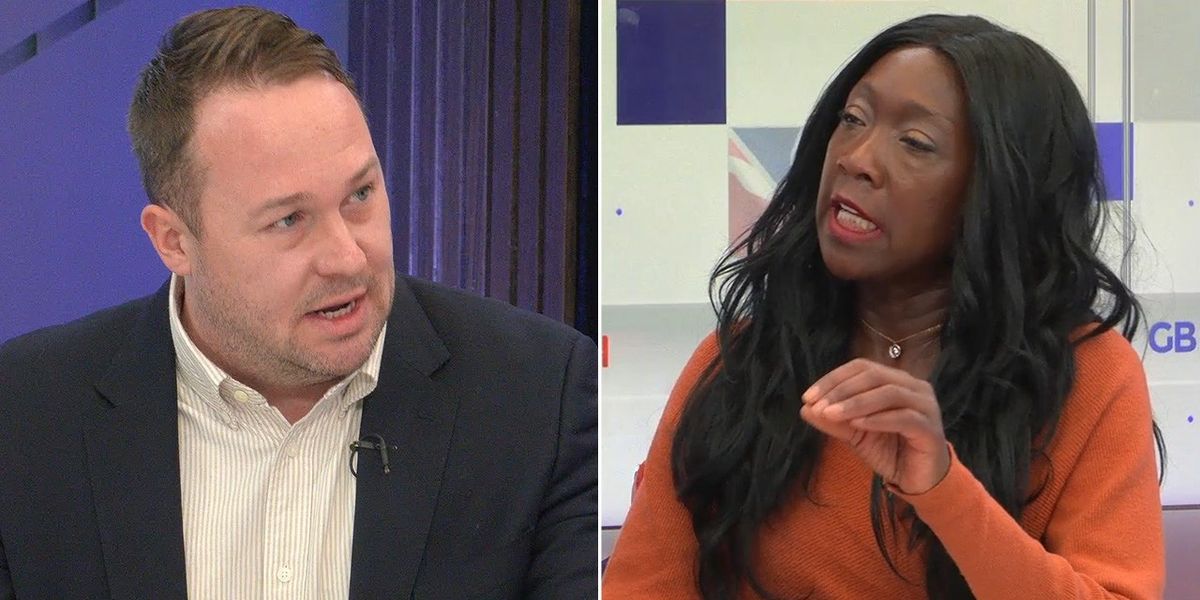Efforts could avoid premature IDF withdrawal and unnecessary return to full-scale war in the North.
By YONAH JEREMY BOB, AMICHAI STEIN, JERUSALEM POST STAFF JANUARY 5, 2025 20:37 Updated: JANUARY 5, 2025 21:09 Toy soldiers, Hezbollah and Israel flags are seen in this illustration taken, October 15, 2023.
(photo credit: REUTERS/DADO RUVIC/ILLUSTRATION)
Toy soldiers, Hezbollah and Israel flags are seen in this illustration taken, October 15, 2023.
(photo credit: REUTERS/DADO RUVIC/ILLUSTRATION)
There are Israeli and American efforts underway to extend the 60-day ceasefire with Hezbollah to avoid either a premature withdrawal or a return to a full-scale war in the North, The Jerusalem Post has learned.
The basis of the talks is the idea that there is currently a mix of positive and negative trends from the ceasefire with Hezbollah and that the best-case scenario is to try to preserve and build on the positive trends while giving more time to confront the negative trends.
Prime Minister Benjamin Netanyahu convened a security meeting on Sunday afternoon to discuss the Lebanon ceasefire. An Israeli official told the Post that "unless there is a huge surprise, the Lebanese army won’t be able to deploy fully during the day 60 ceasefire, which means Israel will have to stay” for some longer period.
The Israeli official added that this message has been conveyed also to the Biden administration.
US special envoy Amos Hochstein is expected to arrive in Lebanon on Monday to try to preserve the ceasefire deal.
Although the 60 days will end on January 26, days after Donald Trump enters the White House, Biden administration officials are trying to solve the problems and to prevent the ceasefire from collapsing.
One of the options on the table, which multiple sources referenced, was an attempt to extend the 60-day period to a longer period, possibly by another 30 days.
To date, the IDF has already withdrawn from El Hiam and some other deeper areas of southern Lebanon, with expectations that it will soon withdraw from Naqoura and additional areas that are mostly clear of Hezbollah weapons.
Many of these areas have seen the Lebanese army take up positions, seemingly ready to prevent Hezbollah from returning to southern Lebanon as required by the ceasefire deal.
However, other areas have seen the Lebanese army failing to take up positions, with indications that the US may support the IDF staying over in such areas at least for some amount of time.
Stay updated with the latest news!
Subscribe to The Jerusalem Post Newsletter
Other foreign sources involved with the coordination have declined to deny that the Lebanese army is falling short of its obligations.
The IDF does not want to leave after 60 days and immediately see Hezbollah returning to the Israel-Lebanon border.
In parallel to all of this, Defense Minister Israel Katz warned of severe consequences were Hezbollah not to withdraw beyond the Litani River during a visit to the North on Sunday.
"If Hezbollah does not withdraw beyond the Litani River, there will be no agreement — and Israel will act on its own to ensure the safe return of the northern residents to their homes," he noted.
However, if Israel is not careful, such talk could lead to the reopening of a full-scale war in the North, including hundreds of Hezbollah rockets per day onto the Israeli home front.
This scenario would not seem to make sense to many top Israeli officials given that right now, Hezbollah has “only” violated the deal in Lebanon but has basically not fired into Israeli territory since November 27.
All of this could mean striking a balance, such as the possible 30-day ceasefire extension where Hezbollah has gotten a partial IDF withdrawal, but the IDF holds onto certain areas to try to ensure compliance.
Another 30 days could also help the IDF build better new border defenses.
Troops operate in the Syrian Hermon area
Also, on Sunday, on an additional northern front, the IDF revealed that troops had completed a large operation in the Syrian Hermon.
Troops searched military structures, unearthing and subsequently destroying weapons and intelligence information cache.
Within it were explosives, anti-tank missiles, rocket launchers, and rockets.

 By The Jerusalem Post (World News) | Created at 2025-01-05 19:15:07 | Updated at 2025-01-10 12:28:54
4 days ago
By The Jerusalem Post (World News) | Created at 2025-01-05 19:15:07 | Updated at 2025-01-10 12:28:54
4 days ago








